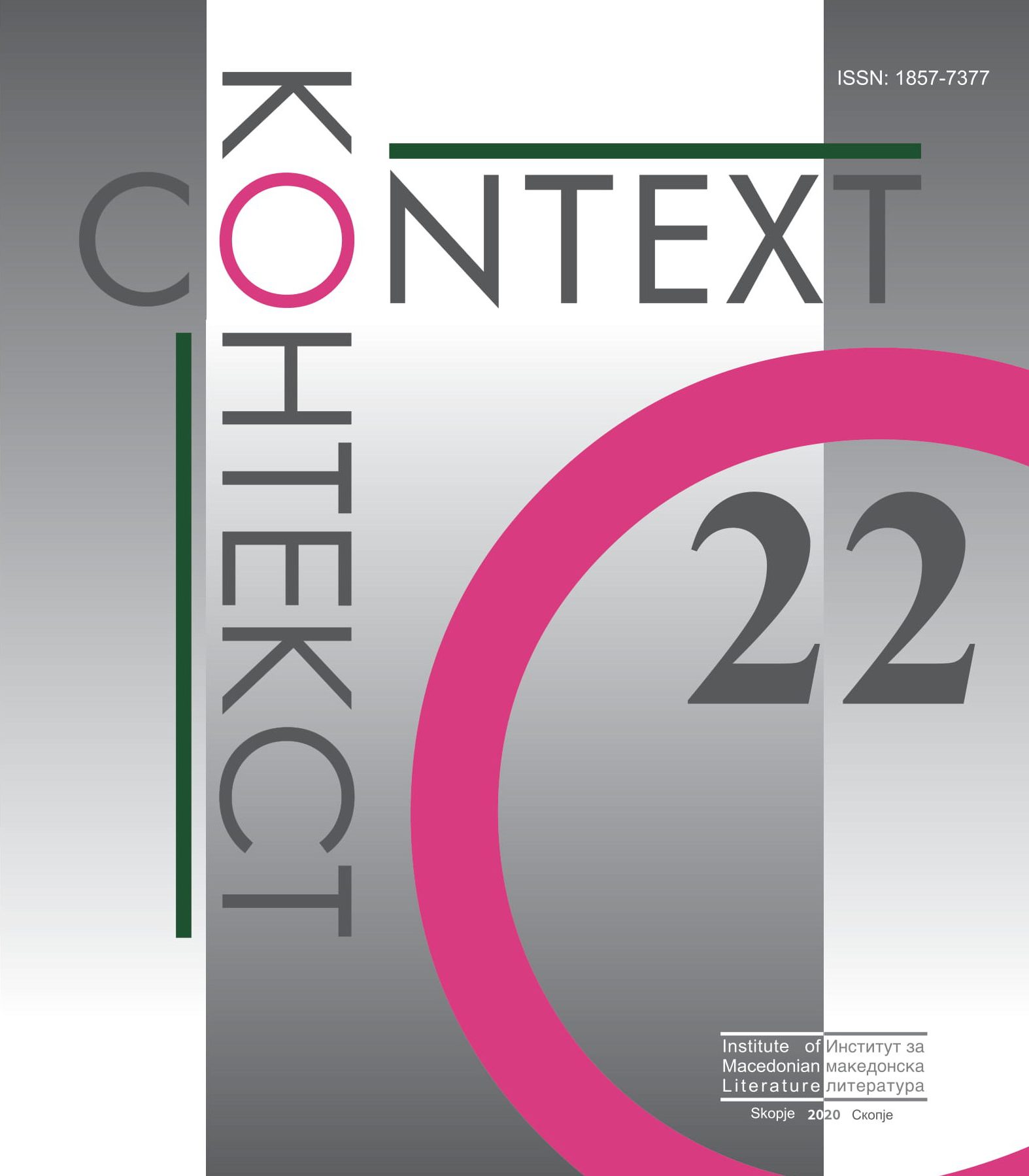АРТУР ЛУНДКВИСТ И ПРОБЛЕМОТ НА
ПРИРОДНОТО ЗЛО
Artur Lundkvist and the Problem of Natural Evil
Author(s): Nikola GjorgonSubject(s): Poetry, Theory of Literature
Published by: Институт за македонска литература
Keywords: Artur Lundkvist; natural evil; worldview; naturalism; theism; Agadir; Struga Poetry Evenings
Summary/Abstract: The global COVID-19 pandemic is the latest in the series of natural disasters that struck humanity. The personal and collective tragedies take us back to the questions: why do natural disasters occur? Why is there suffering? Are disasters a form of divine punishment, and if so, why innocent people suffer as well? These are few of the questions related to the problem of natural evil. The purpose of this article is to see what two families of worldviews – naturalism and theism – have to say about natural disasters and the problem of natural evil. A crucial point of divergence between the two worldviews is the moral objection to suffering caused by natural disasters. Naturalism holds that there is no transcendent reality behind the physical reality, and, hence, there is no ultimate good or evil. If consistent with this worldview, people should not have objections to suffering and should have a pragmatic and fulfilled life without fear. The naturalistic worldview will be analized through the life and work of Artur Lundkvist (1906-1991), famous Swedish poet, writer, academician and laureate of the Struga Poetry Evenings, and especially through his antological poem „Agadir“ (1961). At the end of the article we will see how the theistic worldiview approaches the problem of natural evil and how it addresses suffering. In order to identify the paradigmatic positions we will use the worldview belief map developed by the Oxford philosopher Tom Price.
Journal: Context/Контекст
- Issue Year: 2020
- Issue No: 22
- Page Range: 95-108
- Page Count: 14
- Language: Macedonian

